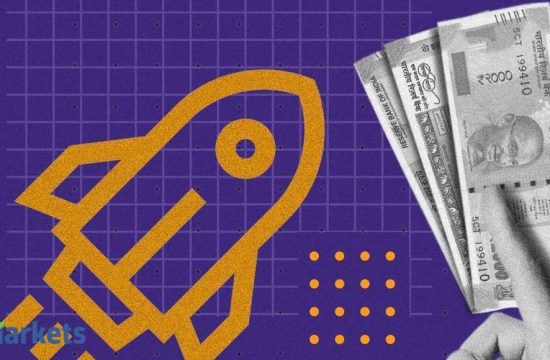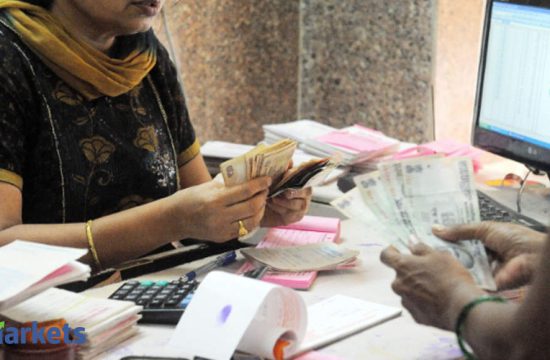CHENNAI: Marketing executive Babu Vishwanath is happy that he has been able to save money in work-from-home (WFH) mode. He has not spent on eating out, commuting to office or even shopping as Covid-19 fears have ensured a continuous lockdown since March.
WFH may similarly feel lighter on your pockets now without the cost of a daily commute or leisure travel. But you may have to shell out more on your tax liability later for the current financial year (FY2020-21).
In Vishwanath’s case, his cost-to-company of Rs 10 lakh includes house rent allowance (HRA), conveyance, leave travel allowance (LTA) and communication reimbursements. He has vacated his rented premises to go stay in his hometown with family.
Still, he may end up paying over 70% more income tax for FY21, assuming remote work continues till the end of the fiscal. His HR department is working with consultants to rework his tax structure ever since his company announced a 20% pay cut in April.

No actual spends? Pay tax on conveyance, LTA, HRA
As professionals work from home, salary components such as conveyance allowance can no longer be tax-free, and given the spread of the pandemic, one may also not be able to take a vacation and claim LTA (which can be claimed twice in a block of four years). Conveyance, when offered as a reimbursement, is free from tax only if expenses are actually incurred and backed with proofs. It will thus be treated as taxable income in the absence of any official commute.
Similarly, if you vacated your apartment and moved in with your family to save on rent, you may pay more tax since HRA is no longer taxfree for you. “In case a person has vacated his rented house, and doesn’t pay rent now, his tax liability will increase as the HRA component of his salary will also be taxable as income,†BDO India partner (tax & regulatory services) Prakash Kotadia said. “However, we must remember that the individual’s cash outflow (relating to rent) will decrease.â€
Further, if your company has offered you a “no-questions-asked†WFH allowance that does not require you to produce proofs on how you spend it, the amount will be taxed in your hands as an income. Tax and HR experts TOI spoke to say companies are looking for ways to help employees minimise the impact by restructuring salaries.
“We have been receiving increased enquiries from HR departments of various companies seeking guidance on how they can help their employees reduce their tax burden,†ClearTax founder and CEO Archit Gupta said. “The government can also look at some sort of relief to avoid salaried class facing large tax bills due to the new remote work mechanism.â€
Randstad India chief people officer Anjali Raghuvanshi said that restructuring salary components may not help at this stage without a structural change in tax laws. “For now, companies are sticking to providing separate WFH allowances in the nature of reimbursements,†she said.
Advocate and tax consultant Vaitheeswaran K said, “The personal tax law needs a revamp to provide for more relevant allowances. The conveyance amount, for instance, can be recast to provide for expenses related to office set-up, including IT, communication, etc.†Tax practitioners also note that the government’s recent moves in the Budget to replace allowances with a standard deduction for the salaried class is a step in the right direction that will make it easier to prepare for a remote-work future.








